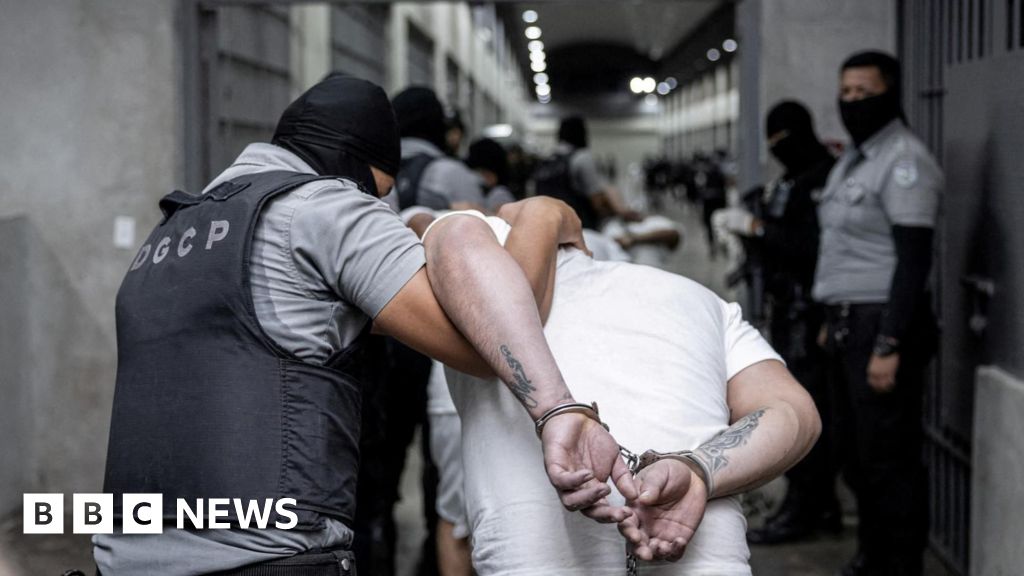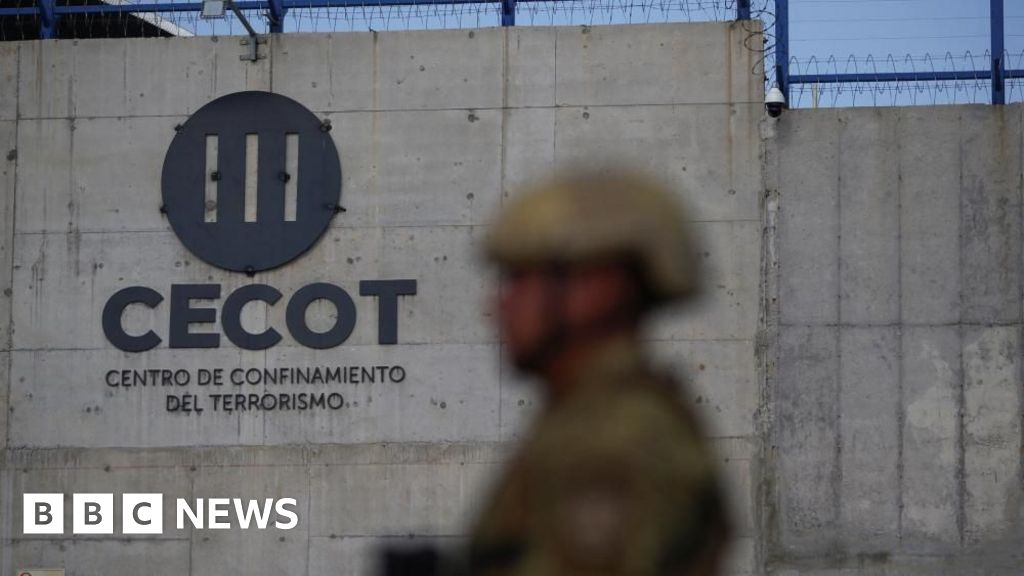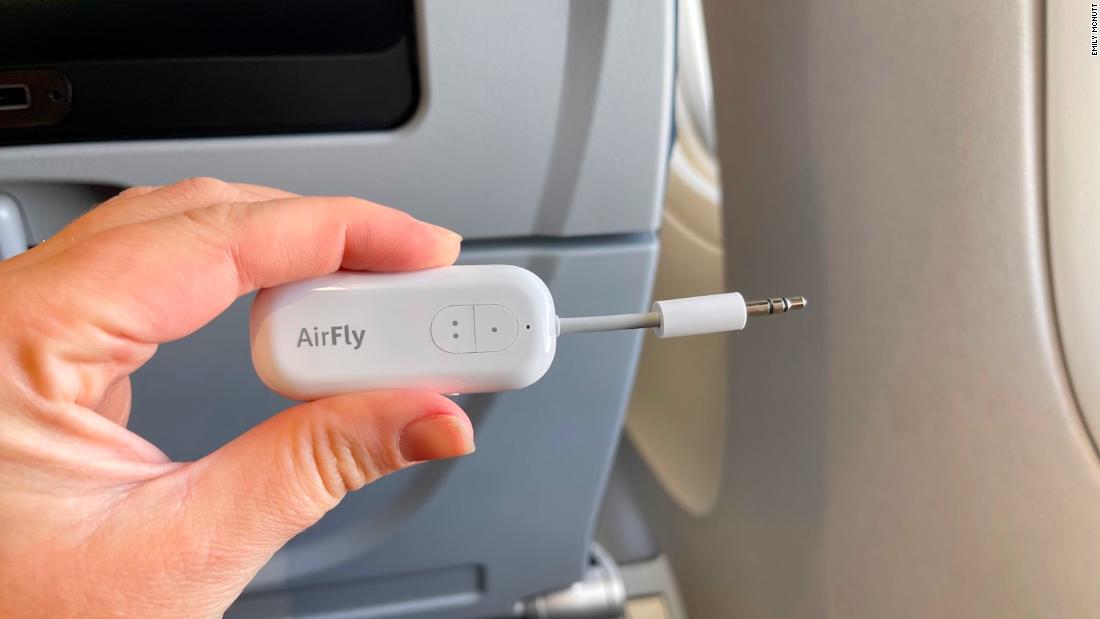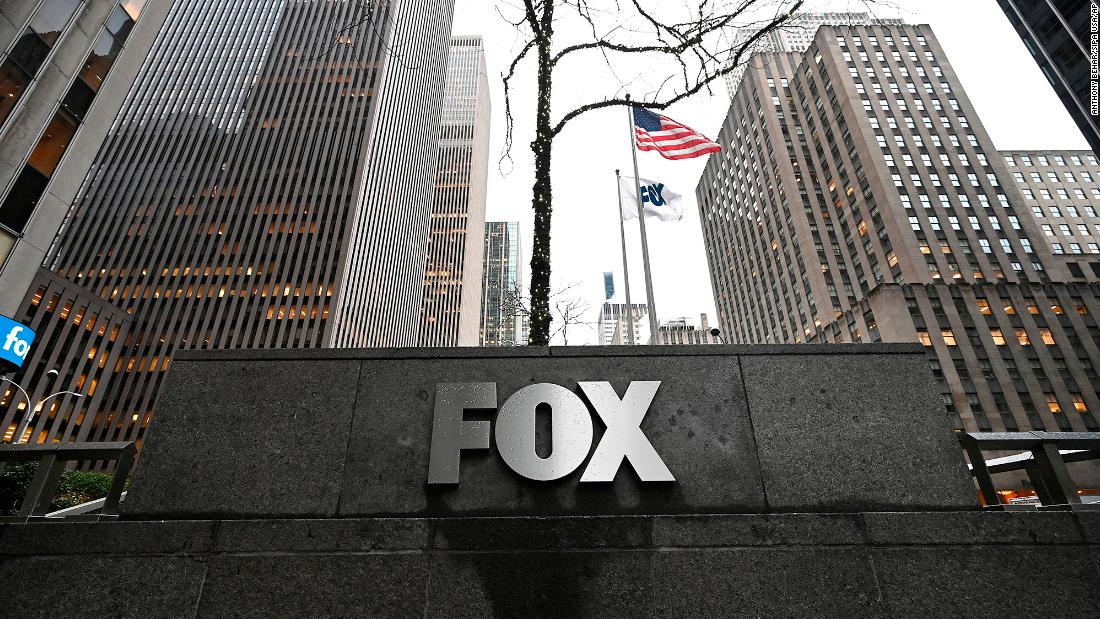ARTICLE AD BOX
The US and Iran are holding "direct talks" over a possible nuclear deal on Saturday, Donald Trump has said.
Discussions between Washington and Tehran will be at a "very high level", the US president said on Monday, before warning it would be a "very bad day for Iran" if no agreement was reached.
Last month, Trump raised the prospect of military action against Iran after its supreme leader Ayatollah Ali Khamenei publicly rejected the offer of direct talks.
Trump disclosed the talks after a White House meeting with Israel's leader Benjamin Netanyahu, who has also previously raised the prospect of attacking Iran to stop it from acquiring nuclear weapons.
Speaking in the Oval Office, Trump said: "We have a very big meeting on Saturday [with Iran], and we're dealing with them directly... And maybe a deal is going to be made, that would be great."
Trump later said Iran would be in "great danger" if the talks were not successful, adding: "Iran cannot have a nuclear weapon, and if the talks aren't successful, I actually think it'll be a very bad day for Iran."
The president did not provide further details about the talks, including how progressed they are or which officials have been involved.
Iran has not publicly commented since Trump said direct contact had taken place between the two countries, which have not had formal diplomatic relations since 1980.
On Sunday, Iranian Foreign Minister Abbas Araqchi said: "We have expressed our point of view: We are in favour of diplomacy and negotiations [with Washington], but only [through] indirect [channels].
"Of course, it must be acknowledged that no round of negotiations has taken place so far."
In March, Trump sent a letter to Iran's leader via an intermediary from the United Arab Emirates setting out his willingness to negotiate.
That offer was rejected by Iran, though its leadership signalled a willingness to discuss a possible deal with the US via a third party.
Curbing Iran's ability to build nuclear weapons has been a key foreign policy goal for the US and its allies for decades.
In 2015, then-President Barack Obama made an agreement with Iran under which it would limit its nuclear activities and allow international inspectors into the country to ensure facilities were being solely used for civilian purposes and not weapons production.
In return, Iran was to be offered relief from sanctions, which have crippled its economy.
That agreement was co-signed by China, France, Germany, Russia and the UK.
However, in 2016, Trump unilaterally pulled the US out of the deal, which he had been strongly critical of during his first presidential election campaign.
In the years that followed, Iran has increasingly breached its terms. The International Atomic Energy Agency has warned Tehran has built up large stockpiles of enriched uranium, which can be used to make nuclear bombs.
In recent months, Trump has repeatedly raised the prospect of negotiating a new agreement with Iran, while threatening military action if one can not be reached.
Israel sees preventing its rival Iran from acquiring a nuclear weapon as central to its long-term security. It has reportedly weighed up striking its production facilities in recent months.
Last year, Israel said it had hit an Iranian nuclear site in retaliation for Iran's earlier missile attack on Israel.
Speaking at the White House, Netanyahu said: "We and the United States are both united in the goal that Iran does not ever get nuclear weapons.
"If it can be done diplomatically in a full way, the way it was done in Libya, I think that would be a good thing."

 5 hours ago
6
5 hours ago
6








 English (US) ·
English (US) ·